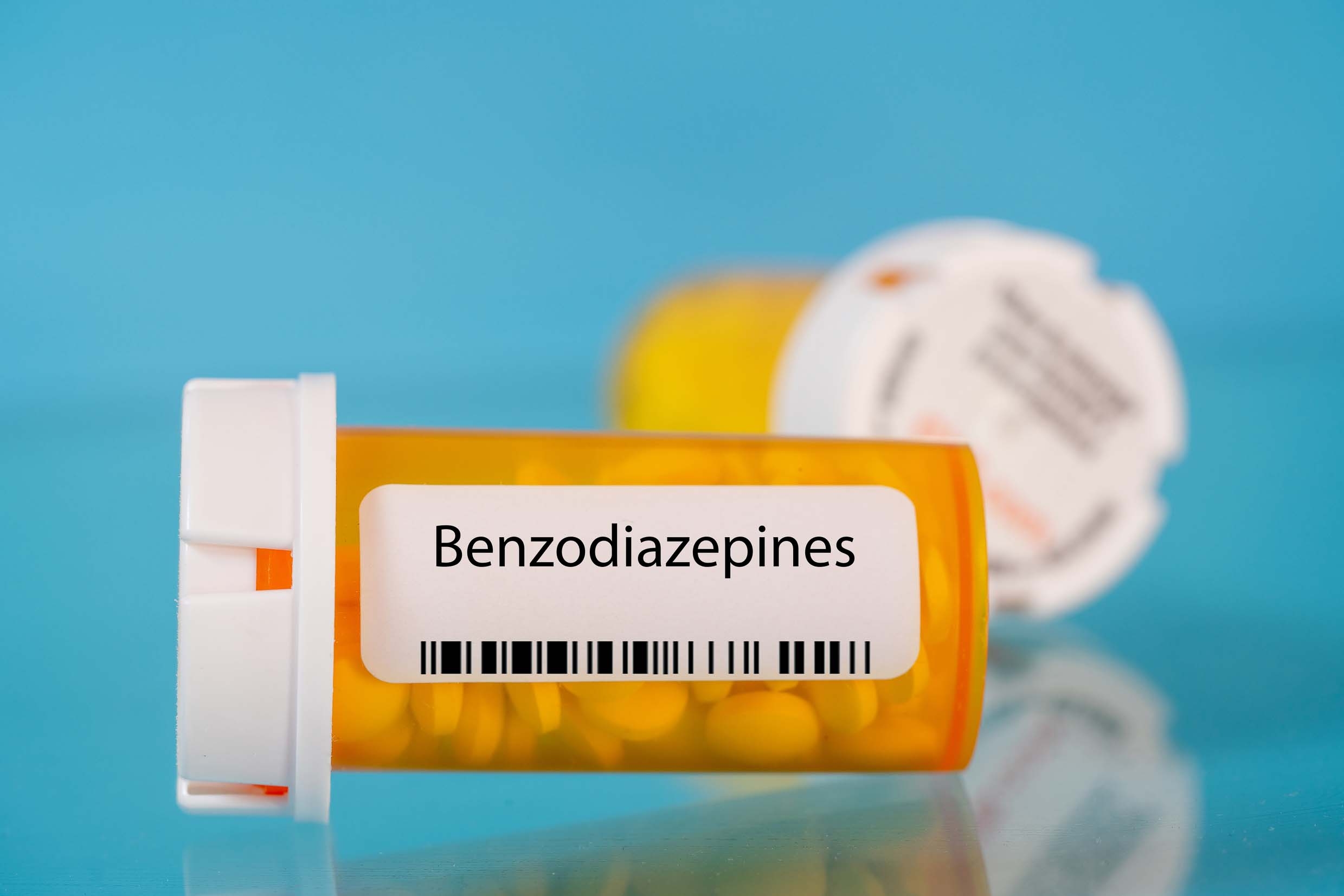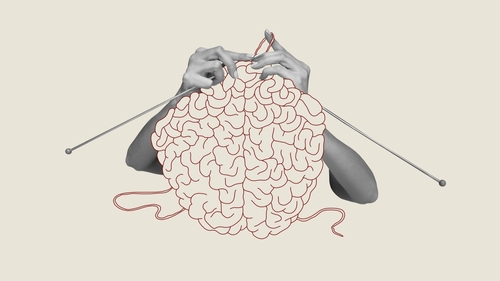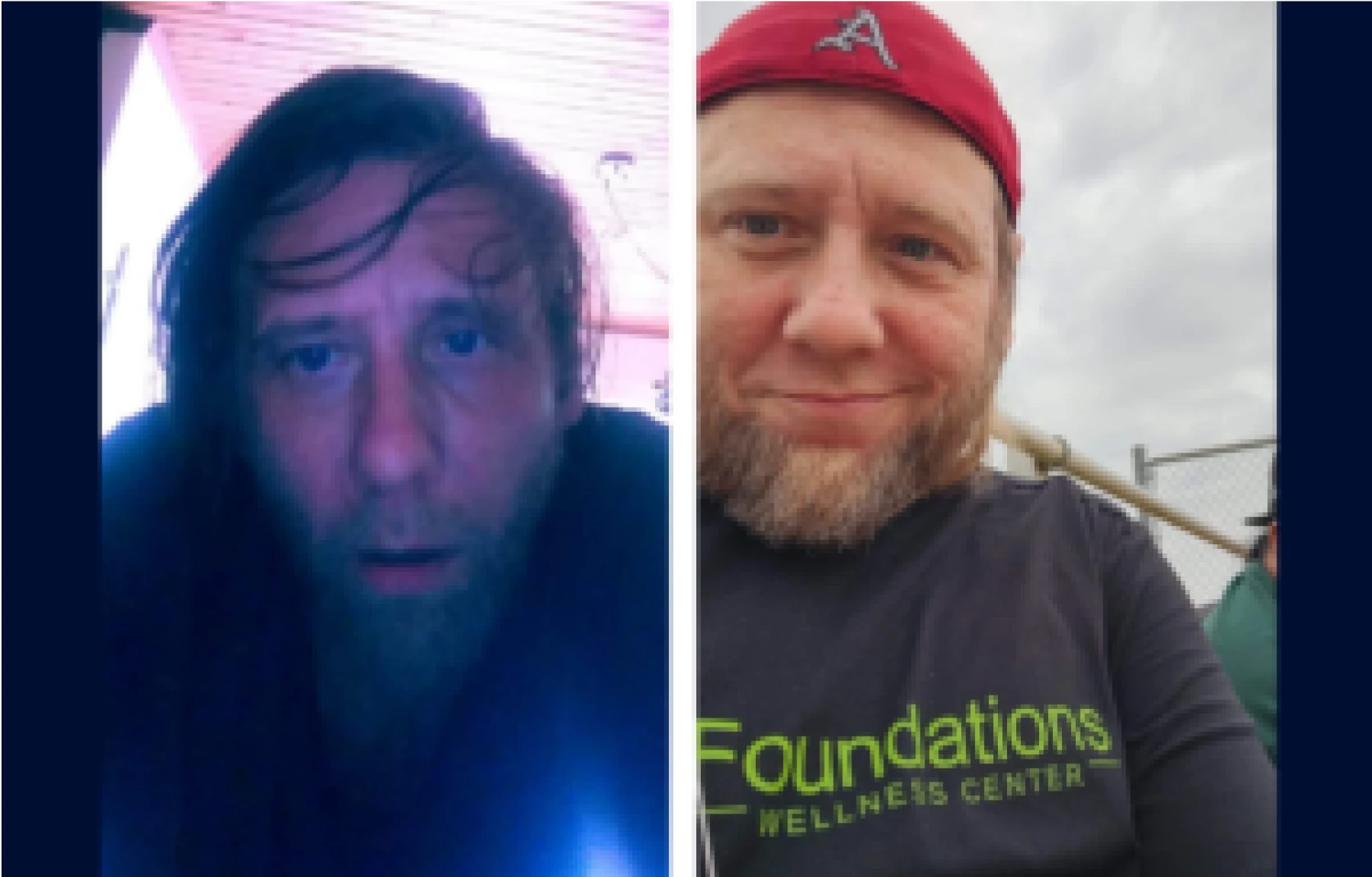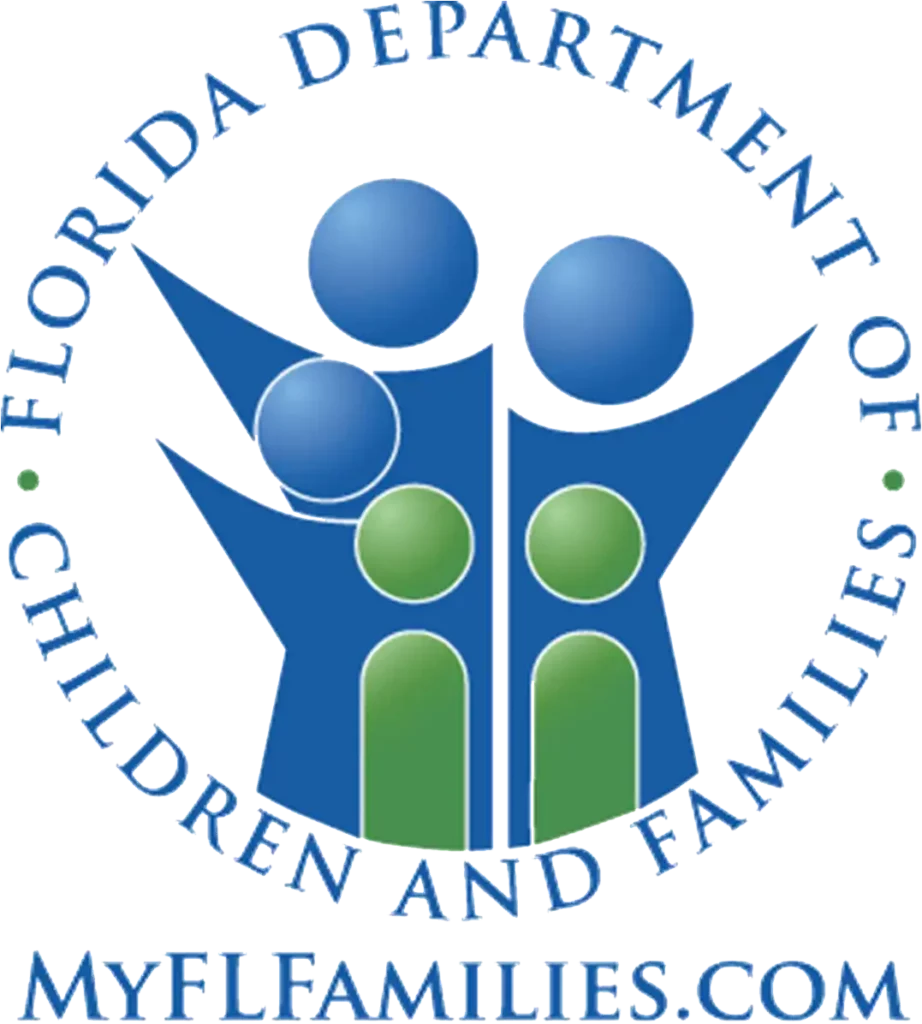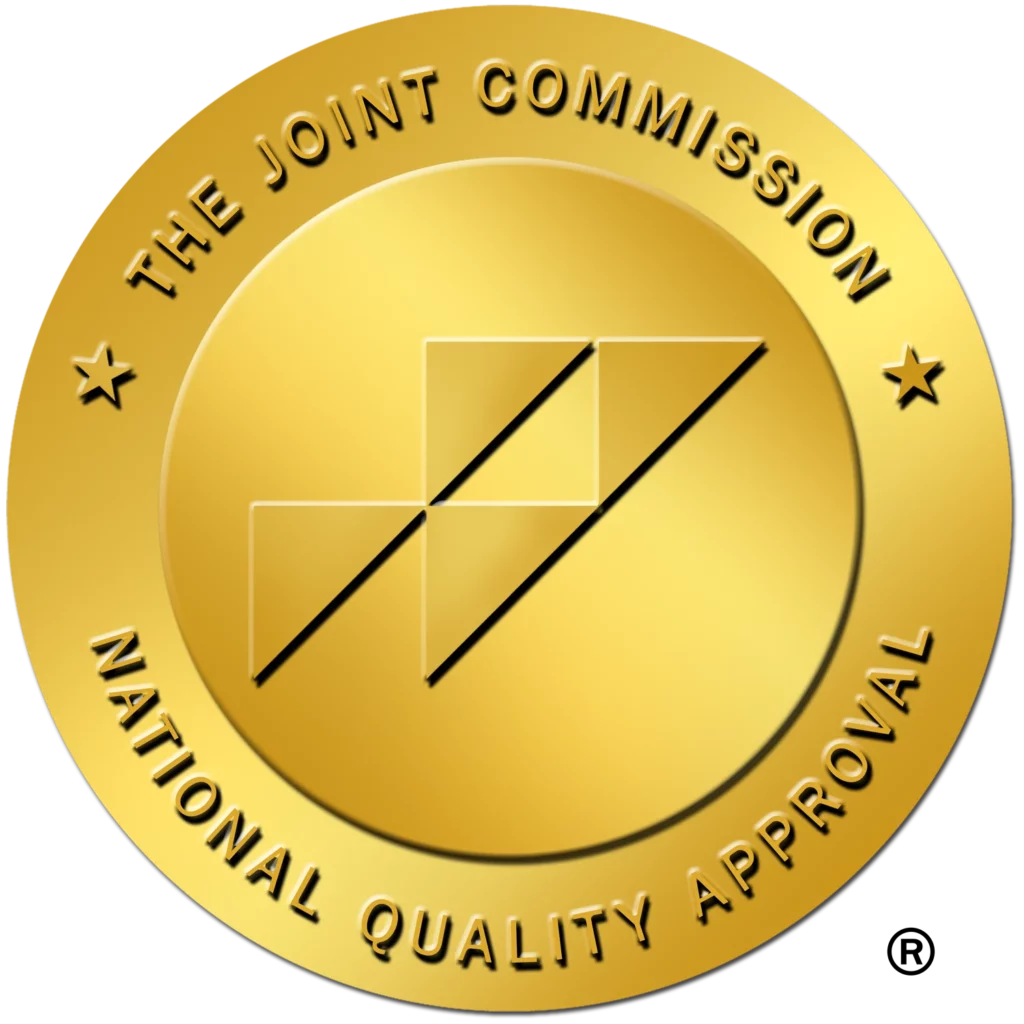PTSD and Addiction: Why Trauma is So Often at the Heart of Addiction
This entry was posted in Addiction News, Alcohol Abuse, Alcohol Rehab, Drug Abuse, Drug Rehab, Mental Health and tagged ptsd, ptsd addiction, PTSD and Substance Use Disorder on October 30, 2022 by Justin Baksh, MS, LMHC, MCAP, Chief Clinical Officer.

I feel anxious, overwhelmed, and on edge. I am angry and hurt and I can’t sleep or pay attention to anything. So many things are going wrong… I just want some relief. These feelings characterize post-traumatic stress disorder (PTSD), spurring some people suffering from it to turn to alcohol and drugs to numb the pain.
In fact, addiction and PTSD co-occur frequently, with up to half (46.4%) of those with PTSD also meeting the criteria for substance use disorder.(McCauley et al., 2012)This is why it is imperative that individuals suffering from PTSD and substance use disorder receive help from a qualified dual diagnosis treatment center.
“I had my first drink when I was 11 years old. It was in my friend’s basement, and, even though it tasted kind of like medicine, I liked the way it made me feel. My folks drank all the time, so there was plenty of alcohol in the house, and they were too busy fighting with each other to notice what I was doing. Before I started drinking, I used to stay awake at night, waiting for the fighting to stop. I was always on edge, wishing my parents would change. Sneaking a couple of drinks made me stop worrying about things and forget my problems. Drinking made me feel more comfortable and relaxed when I hung out with people I didn’t know well. I felt like I could talk to anyone and didn’t feel shy like I normally do.
By the time I got to high school, I was drinking and smoking pot every day. I’d always heard about people doing stupid things when they were high, but I never thought it could happen to me. But one night at a party I started making out with this guy I sort of knew from school. We were both pretty high, and when I tried to stop, he wouldn’t let me go… for the first time in my life, I felt like I had no control… before I knew it, I was having unprotected sex with a guy I hardly knew.
That night I decided I was never going to get drunk again. But after a day or so of not drinking, I started to feel really sick. I got these weird feelings like bugs were crawling all over my skin and I felt really twitchy and anxious.” – Karin’s Story (The National Child Traumatic Stress Network, 2008)
What is PTSD?
PTSD is a psychiatric disorder that can occur following a traumatic event. Because no one is exempt from experiencing traumatic events, PTSD can affect anyone. Those suffering from it may experience depression, anxiety, flashbacks, sleep inconsistency, digestive issues, blood pressure issues, and irregular heart rates, amongst other health conditions.
Furthermore, exposure to traumatic experiences can have lasting effects, such as a decline in mental, physical, and emotional health. Traumatic experiences may also impact social and spiritual wellbeing. For some, traumatic experiences come and go with little lasting impact; however, for others, traumatic experiences will result in PTSD.

What is Trauma?
Trauma is an event or circumstance that negatively impacts a person.Typically, traumatic experiences are thought of as major events, such as:
- Domestic Violence
- Earthquakes
- Emotional Abuse
- Hurricanes
- Murders
- Serious Car Accidents
- Terrorist Attacks
- Tornadoes
- Tsunamis
- Physical Attacks
- Rape
- Sexual Abuse
- Shootings
It’s no surprise that individuals that have endured or witnessed a traumatic event is life-threatening, disastrous in nature, and overly traumatizing are at a high risk for developing PTSD. However, many other events can be traumatic as well. For example, the following have also been reported as traumatic by patients:
- Being Bullied
- Divorce/Break-Up (Your Own or Parent)
- Experiencing Racism
- Hostile Work Environment
- Job Loss
- Unfaithfulness (of a Significant Other or Parent)
- Serious or Terminal Illness
- Suicide (Close Friend or Family Member)
This is by no means an exhaustive list. Trauma is unique to everyone – what is traumatic to you may not be to someone else.
Similarly, two people can go through the same event and one may develop PTSD and the other does not, because of lack of past trauma, a mental condition, or just the difference in meaning attached to the event itself.
What are the Symptoms of PTSD?
Coping with posttraumatic stress disorder can be very challenging and even debilitating without help. Individuals coping with PTSD are at a higher risk for participating in self-destructive behaviors as well as addictive behaviors.
- Avoidance – This can range from not talking about the traumatic event to avoiding places that feel dangerous to you. Similarly, anything that reminds you about the event, such as a show about combat or a violent attack, may cause you to avoid it. Avoidant behavior can also manifest in drug and alcohol abuse, as it is a ready escape from dealing with memories and feelings about the trauma.
- Hyperarousal – A state of being on edge, easily rattled or started, hyperarousal also includes not being able to concentrate, drop off to sleep, or even relax.
- Negativity – Negativity is experiencing more negative thoughts feelings than before the traumatic event. It also includes feeling disinterested in people and places around you and an inappropriate sense of guilt or shame about the traumatic event.
- Reliving – Relivingthe traumatic event includes flashbacks while conscious and nightmares while asleep.
How is Addiction Connected to Trauma?
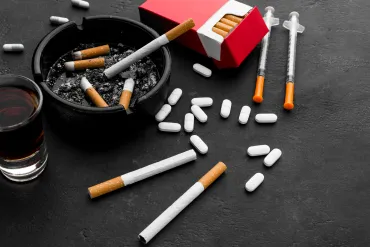
Substance use disorder is a condition in which a person is addicted to a substance to the point of compulsivity. A chronic and a relapsing disorder, it is characterized by the overpowering urge to use a substance over and over, despite negative consequences.
Individuals coping with trauma are at a high risk for engaging in addictive behaviors as a coping mechanism. This can become a dangerous and vicious cycle. Coping with feelings of hopelessness, helplessness and depression can be overwhelming and difficult. Some turn to substances like drugs and alcohol to mask or forget those feelings. Often, this results in repeating addictive behaviors and experiencing new trauma through those behaviors, exacerbating feelings of depression and leading to more substance use as the cycle repeats.
The trauma-addiction connection can be further explained by looking at changes to the brain brought about by each condition.
How Trauma Changes the Brain
Research shows us that trauma can change the structure of the brain. In particular, trauma can cause:
- Shrinking of the prefrontal cortex The prefrontal cortex is the “chief executive officer” of the brain, regulating our emotions, cognition, and impulses. It is the most highly evolved and last part of the brain to develop. Shrinkage in this area of the brain means that the ability to pay attention, learn new things, call upon things already learned is diminished. Also, judgment and impulse control is negatively impacted.
- Enlarged amygdala With a less robust prefrontal cortex to rightly judge the appropriate response to a threat or issue, the amygdala, the emotional activity regulator, can take over. This can cause both panic and “mental paralysis,” as well as an overwhelming anxiety. With a weakened prefrontal cortex, the base impulses of the amygdala can also drive us to seek comfort in alcohol, drugs and other things. A larger amygdala can also decrease stress tolerance as well.
- Shrinking of the hippocampus The hippocampus, responsible for short-term memories, learning, spatial navigation, and encoding of memories, shrinks due to trauma exposure. It relies on past memories to determine the validity and severity of current threats. A shrunken hippocampus can lead to the inability to distinguish between memories of the past and the present.
In addition to the above, animal studies have shown that early adverse experiences (called adverse childhood experiences, or ACEs) shrink the left basal ganglia regions of the brain, which affects reward learning. One study in humans confirmed this, with those who had been exposed to ACEs reporting:
- A reduced ability to experience pleasure
- Increased symptoms of depression
- Reduced ratings of reward cues
- A weakened response to reward cues
(Arnsten et al., 2012)
These changes may predispose a person with early traumatic childhood experiences to addiction.
Most recently, brain scans also revealed changes to brain chemistry in those with PTSD. Specifically, researchers found increased levels of metabotropic glutamate receptor – 5 in the brains of those with PTSD, which, in animals, is associated with stress-induced and fear-related behaviors. (Hathaway, 2018).
How Addiction Changes the Brain
SUD has a negative impact on brain function. It affects brain circuits correlating to the behaviors of reward, stress, and self-control. Individuals suffering from SUD often have difficulties with cognitive function. After detoxing from a substance and remaining abstinent from it, they may regain cognitive functions. However, for some, the damage can be long lasting.
Therefore, changes in the brain that occur after exposure to trauma can predispose you to addiction, while brain changes brought about by substance abuse perpetuate the addiction. Individuals are all too often caught in the trap of the addictive cycle. In order to break free, they are fighting their own brains to do so. That’s why outside help is invaluable in overcoming trauma and addiction.
Addiction and Trauma Treatment
When I first got to high school, I didn’t want anything to do with drugs. I was really into basketball and wanted to stay clean and healthy to get on the team…. Then my best friend Curtis got killed. We were just standing on the corner and he got shot in a drive-by. I watched him die right there on the sidewalk. It felt like I’d lost a lung or an arm or something. Curtis was the one person I could count on.
The nightmares started that first night. Pretty soon, I was getting only a couple of hours, sleep a night. I’d walk by the corner where Curtis was shot and see him bleeding to death on the sidewalk. I was jumpy all the time. I kept getting into fights with my brother. It was like the world was coming apart and no one noticed but me.
A couple of months after Curtis died, I hurt my ankle during a game. On the way home, one of the other guys offered me some Vicodin. For the first time in weeks, I slept without nightmares. It felt like a miracle, and when I ran out of the pills my friend gave me, he hooked me up a guy who was selling Vicodin and OxyContin.
Everything was easier when I was high: no dreams, no anger, no seeing Curtis on the sidewalk. Sometimes I’d sleep through the alarm and just not bother to go to school. They ended up putting me on probation and taking me off the basketball team, but I didn’t much care. All I wanted to do was feel okay—and the pills were doing it. Things started falling apart when I lost my job and couldn’t afford the pills anymore. I kept needing to take more to feel okay, and it was getting expensive. I started stealing from my parents, and when that wasn’t enough, I tried shoplifting stuff I could sell.” – Tony’s Story (The National Child Traumatic Stress Network, 2008)
Those who are affected by trauma are often in a vulnerable state, leaving them at a higher risk to abuse drugs and alcohol which provide immediate psychological effects. This can be enticing for someone struggling with their mental health as they are looking for reprieve.
Unfortunately, active addiction or alcoholism means that thinking is clouded. You will need to detox from the drugs and alcohol first – hopefully at a dual diagnosis treatment center – so that the real work can begin.
Dual Diagnosis Treatment Center

A dual diagnosis treatment center specializes in treating clients with both SUD and a mental health diagnosis such as anxiety, depression, PTSD and others. After addressing any presenting health issues that may need immediate attention, a dual diagnosis treatment facility professional will determine what course of treatment would be adequate and constructs an individualized treatment plan in collaboration with a physician or nurse practitioner and a therapist, all of which are familiar with both drug abuse and trauma.
Trauma Therapy

Addiction and trauma require a dual treatment plan. These therapy modalities are often used to address trauma and can be very challenging for someone that is also suffering from SUD.
Addressing trauma is difficult because there needs to be a reconnection to those traumatic thoughts, memories, and feelings to begin the healing process. Along with psychotherapy, healthcare professionals may recommend an inpatient stay followed by an outpatient treatment program to address substance abuse. These programs may include individual sessions, group work, and a 12-step recovery program and education.
Modalities of Treatment

Both cognitive behavioral therapy (CBT) and trauma-focused psychotherapy are recommended treatments for PTSD. “Trauma-focused” means that the treatment focuses on the memory of the traumatic event, or its meaning. The three most effective types of trauma-focused psychotherapy are Cognitive Behavioral Cognitive Processing Therapy (CPT), Eye Movement Desensitization and Reprocessing, and Prolonged Exposure Therapy (PET).
- Cognitive Behavioral Therapy (CBT) – An evidence-based treatment that works for a variety of conditions, CBT increases your awareness of negative and false thoughts. This allows you a better perspective and gives you the change to respond to situations more appropriately.
- Cognitive Behavioral Cognitive Processing Therapy (CPT) – A type of cognitive behavioral therapy (CBT) developed by Department of Veterans Affairs psychologists, CPT, the goal is to achieve an understanding of how trauma changed the beliefs underlying many aspects of your life. Changing your perceptions, or how you think about the trauma, can transform your life.
- Eye Movement Desensitization and Reprocessing (EMDR) – EMDR involves focusing on sounds or hand movements while you talk about the trauma. This helps your brain work through, or process, the traumatic memories.
- Prolonged Exposure Therapy (PET) – In PET therapy, you talk about your trauma repeatedly until memories are no longer upsetting. This will help you get more control over your thoughts and feelings about the trauma. You are also encourage to visit places or do things that, while safe, you previously avoided because they remind you of the trauma.
Trauma Medications
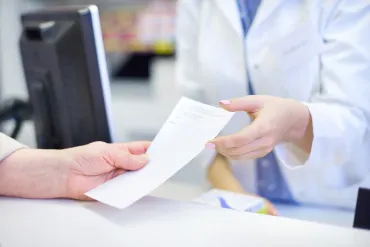
Prescription medications that have shown promise in treatment PTSD are certain SSRIs and SNRIs.
- Selective Serotonin Reuptake Inhibitors increase serotonin levels by blocking its reabsorption into neurons. SSRIs recommended for PTSD are: Zoloft and Paxil, both FDA-approved for PTSD. and Prozac, which is used for off-label PTSD treatment.
- Serotonin and norepinephrine reuptake inhibitors block the reabsorption of both serotonin and norepinephrine. The SNRI recommended for PTSD is Effexor, although it is an off-label use. (Dept. of Veterans Affairs, 2018).
Healing from Trauma and Addiction
There is a path forward to recovery from both trauma and addiction. it involves detoxing from the physical effects of the drugs or the alcohol, but this is only a starting point. Underlying trauma must be also be addressed in a professional and effective way.
True healing also requires a new life to be established, one on a firm foundation of sobriety and mental health. This takes time, and a commitment to continue the focus and the work for a lifetime As many can tell you, it is well worth the work it takes. Enjoy renewed relationships, success on the job, and a new approach to daily living that is rewarding in ways the drugs and alcohol can never be.
RELATED: Do you have an addictive personality? Take the quiz
Why addiction is a disease
PTSD, Alcoholism and Veterans: What is the connection?
How drugs affect the brain
Sources
A., Mazure, C. M., & Sinha, R. (2012, April). This is your brain in Meltdown. Scientific American. Retrieved October 30, 2022, from nci.nlm.nih.gov.
Dept. of Veterans Affairs, U. S. (2018, August 8). Va.gov: Veterans Affairs. Medications for PTSD. Retrieved October 30, 2022, from ptsd.va.gov.
Hathaway, B. (2018, May 29). New PTSD study identifies potential path to treatment. YaleNews. Retrieved October 30, 2022, from Yale News.
McCauley, J. L., Killeen, T., Gros, D. F., Brady, K. T., & Back, S. E. (2012, September 1). Posttraumatic stress disorder and co-occurring substance use disorders: Advances in assessment and treatment. Clinical psychology : a publication of the Division of Clinical Psychology of the American Psychological Association. Retrieved October 30, 2022, from ncbi.nlm.nih.gov.
The National Child Traumatic Stress Network, (2008). Using drugs to deal with stress and trauma – the national child … The National Child Traumatic Stress Network . Retrieved October 30, 2022, from nctsn.org.

